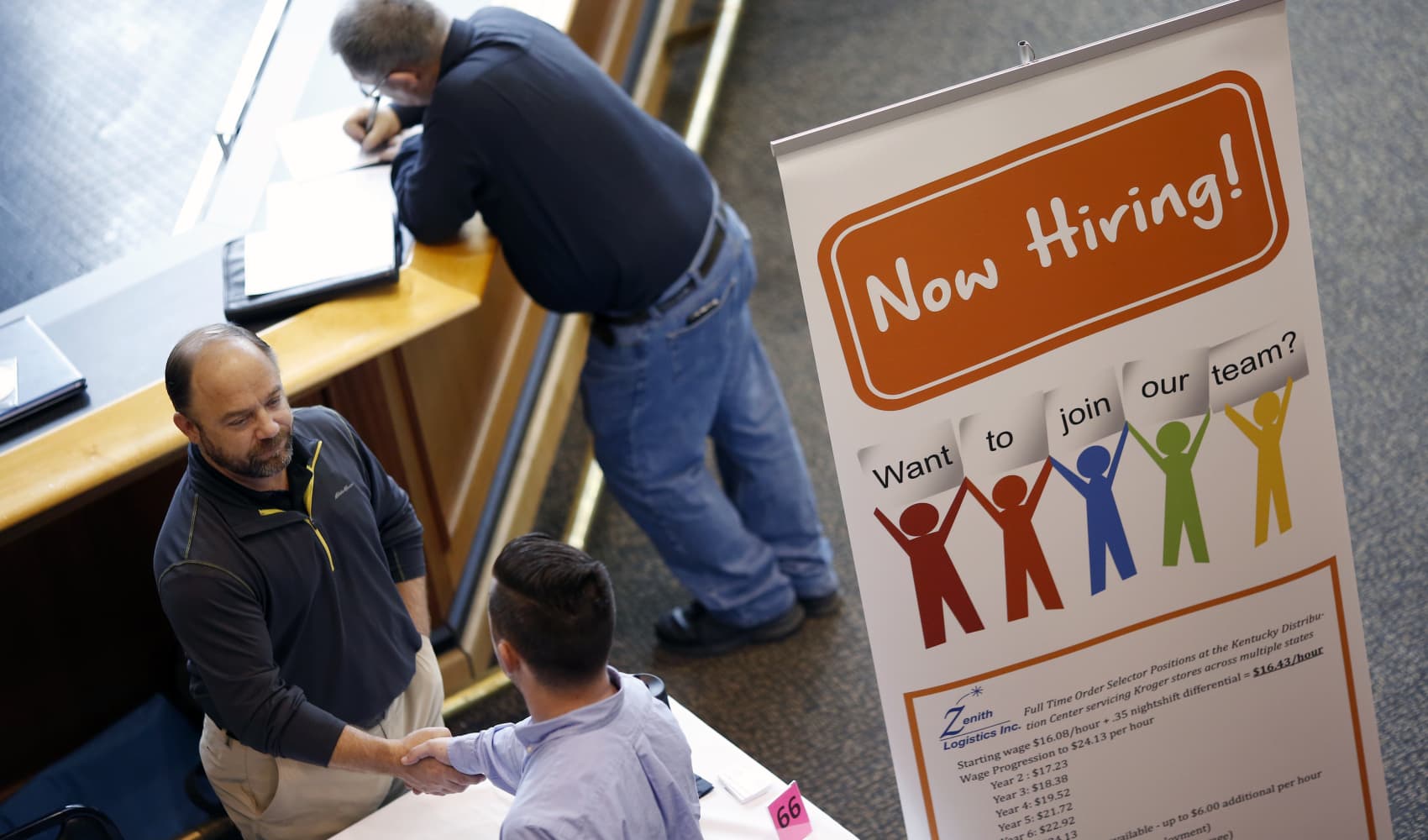What to Know
- The New Jersey Department of Health has finalized guidance for organized sports to resume next week, the department's commissioner and Gov. Phil Murphy announced Monday.
- The guidelines are for outdoor sports, which are the only type of sports that may resume at this time since "outdoor activities are the safest," Murphy said.
- According to the governor, the department is categorizing sports as either "low,-" "medium-," or "high-risk" based on guidance from the National Federation State High School Associations in order to address the safety needs of all.
The New Jersey Department of Health has finalized guidance for organized sports to resume next week, the department's commissioner and Gov. Phil Murphy announced Monday.
The guidelines are for outdoor sports, which are the only type of sports that may resume at this time since "outdoor activities are the safest," Murphy said.
According to the governor, the department is categorizing sports as either "low,-" "medium-," or "high-risk" based on guidance from the National Federation State High School Associations in order to address the safety needs of all.
"Low-risk sports such as golf and tennis, may resume competition starting next Monday, a week from today, June 22. Medium-risk sports – baseball, softball, soccer and outdoor basketball – will be limited to non-contact drills and practices only, but barring a significant uptick in COVID-19 as we enter Stage 2, we anticipate allowing for the resumption of competition...on July 6," Murphy said. "And finally, for high-risk sports, such as football, non-contact drills and practices may similarly resume next Monday and we hope to allow practices and competitions to resume starting on July 20."
However, regardless of the risk group, sports all across the board "will have to abide by a number of health and safety protocols, including screenings for athletes, coaches and staff, limited equipment sharing and strong requirements for disinfecting and sanitizing equipment," Murphy said, adding that activities under the oversight of NJSIAA or NCAA must abide by those association’s rules. However, all competitions and tournaments must abide by the state's limits on outdoor gatherings, which is currently 100 people, but is expected to be at 250 by next week and 500 people by July 3.
"Sports is an ingrained part of so many of our communities and our lives, our families, we want everybody to be healthy and to be able to get out and play. But, even more, we want everyone to be safe," Murphy said.
U.S. & World
Stories that affect your life across the U.S. and around the world.
New Jersey Department of Health Commissioner Judith Persichilli shared similar sentiments.
"These standards will guide organizations that oversee sporting activities to protect health and safety of players, staff and their families, as operations resume," she said.
Additionally, Persichilli shared more details on the guidelines set into place. They include:
- Organizers must create a program preparation plan that outlines steps for resumptions of activities. As part of that plan, program leaders should identify adult staff members or volunteers to help remind coaches, players and attendees about social or physical distancing measures. The use of signs, tapes and physical barriers can be used to assist with guiding social distancing requirements.
- Staff, parents and visitors are required to wear a cloth face covering at practices and games.
- Athletes are encouraged to wear a mask during downtime, but should not wear a mask during periods of physical activity.
- Any equipment sharing should be limited.
- All shared objects must be cleaned and sanitized at the end of each practice and games in between uses.
- Athletes are encouraged to bring their own water bottles and equipment to practices.
- Athletes and staff must be screened through a temperature check and a health questionnaire prior to practices and games. If an individual has symptoms, they cannot participate in activities.
- Program leaders are required to divide larger teams into smaller groups and stagger practices at different times or across different days.
- Any non-essential visitors, spectators, staff, volunteers, vendors and other attendees should be limited.
- Each facility that would be used for practices should post signage in highly-visible locations with reminders of social distancing protocols, face coverings requirements and hygiene practices.
- Hand sanitizer, disinfecting wipes and soap and water, or other sanitizing materials should be readily available at any entrances, exits, benches, dugouts and any other area prone to gathering or high traffic.
- There should also be routine disinfecting and sanitizing at the facility particularly of high-touch areas.
"Physical activity is vital for our overall health. These measures will help to keep participants safe while engaging in their favorite outdoor sports," Persichilli said.



